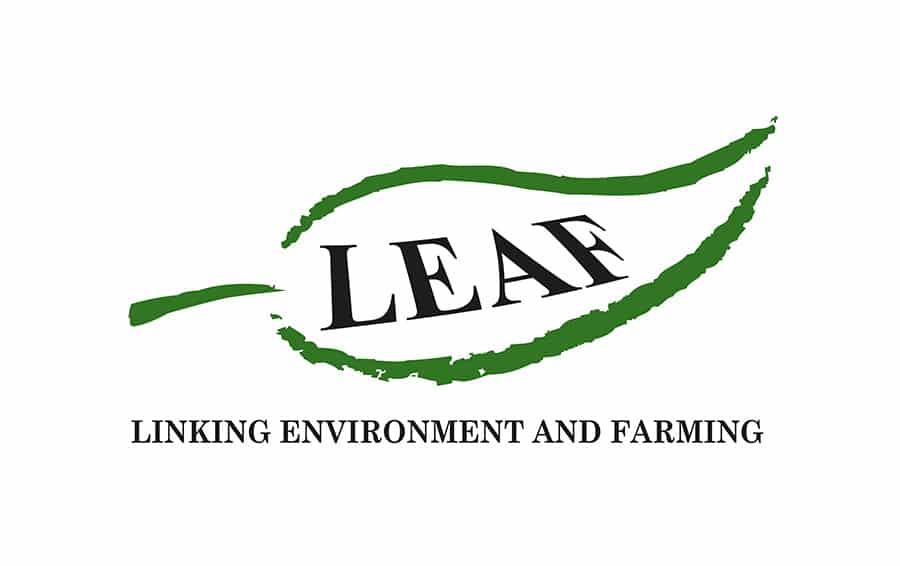Ten farmers from across England have been implementing more regenerative, nature-based farming techniques to help meet net zero targets, as part of a 12-month project, led by global sustainable farming organisation, LEAF (Linking Environment And Farming) and supported by The Linder Foundation.
Whilst every farm is different and each has their own environmental and business challenges, the farmers involved in this project, all saw improvements to their impact on the environment over the course of the year, demonstrating how harnessing nature can bring tangible benefits in combatting the climate crisis.
Today the individual journeys of each of the LEAF farmer members are unveiled in a new case study booklet titled ‘Nature Based Solutions to Solutions to Climate Change: Farmer Case Studies’
Each case study showcases different farming enterprises, across the country and aims to inspire other farmers to start their own net-zero journey.
Dr Dawn Teverson, LEAF Technical Manager explained: “With the UK farming industry setting an ambitious target for net zero agriculture by 2040, this project was all about giving farmers the tools, training, and expertise to reduce their carbon emissions, think about the future, how to adapt and innovate and build long-term economic, environmental and social sustainability.”
Some examples of what the farmers achieved are:
– Increasing soil health and fertility through cover crops, no tillage and building up soil organic matter
– Enhancing biodiversity and ecosystem productivity through agroforestry, woodland management, pond creation and development of wildlife corridors
– Investing in new technologies to increase efficiencies
– Creating novel ways to support water resilience including rainwater harvesting and creation of ponds and reservoirs
– Measuring and monitoring carbon emissions.
“As LEAF members, the farmers were already ahead of the game in terms of carrying out more climate-positive farming” explained Dawn Teverson. “This project helped them build on their expertise and confidence through a bespoke, deep-dive programme of technical support, one-to-one on-farm advice and peer-to-peer knowledge exchange opportunities.”
The project, saw farmers use carbon measuring tools to help track emissions and sequestration, identify where efficiencies could be made and set targets for benchmarking and monitoring. These key baseline assessments allowed farmers to get a better understanding of their own impact on climate change to set objectives and develop their own action plans to drive continual progress. In addition, through collaboration with experts from science and industry, each of the farmers received bespoke advice on their own areas of particular interest including soil and water management, habitat creation, grassland management and cover cropping.
Robert Sullivan, Raby Farms Director and project farmer summarised his experience: “We were going in the direction towards more nature-based farming before the project but needed confirmation that we were doing the right things in the right way. It has provided me with the reassurance and justification to go the way I want to go in order to build further resilience in the business and make a difference.”
Will Sibly, LEAF Technical Officer and project lead concluded: “In the farming world, one year isn’t considered a long time at all; a timescale which does not give much opportunity for change. However, this project has proved that this is not always the case, and that in just twelve months, amongst a group of forward thinking, talented and adaptable farmers, a lot can be achieved.”






